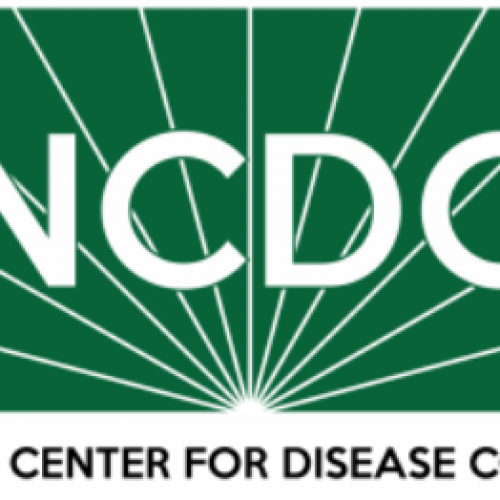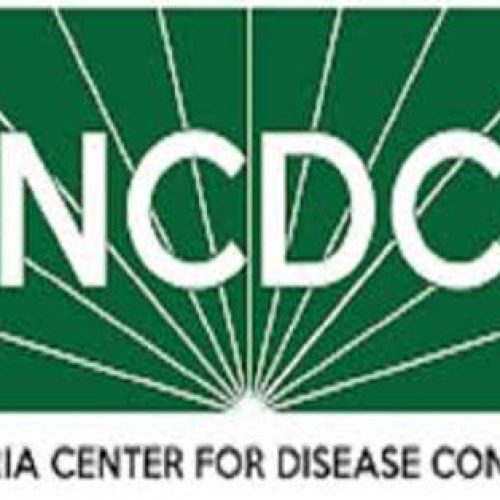HIV/AIDS: US adds another 150, 000 patients for treatment
● Over 1 million Nigerians currently on treatment
The United States government has pledged to add additional 150,000 persons to over one million Nigerians currently receiving antiretroviral drugs for HIV.
This is part of the country’s plan for Nigeria, effective from October this year, an official of the US working with the President Emergency Plan for AIDS Relief (PEPFAR) Shirley Dady, said in Abuja on Tuesday at the 4th National Council on AIDS, the highest decision-making body on AIDS in the nation.
Speaking on the theme of the conference, “Making Our Money Go Further: Improving Efficiency in HIV Service Delivery,” Dady said given the dwindling funding from donors for fighting the disease in Nigeria, PEPFAR welcomed the theme which it said would make HIV response more cost-effective with increased and sustainable results.
“From our perspective, there are several reasons this may be a positive development. First, a more efficient programme will be more sustainable. Second, it will be more cost effective once the government of Nigeria takes over the programme at all levels. And, third, we will be able to locate and place 150,000 more people living with HIV on life-saving treatment in the coming year, which, of course, is our overreaching goal,” she said.
Declaring the meeting open, Secretary to the Government of the Federation, Mr Boss Mustapha, said HIV remained a key challenge in the country. He said with an estimated 3.2 million Nigerians living with the virus, the country has the second highest burden of HIV in the world.
“Of even greater concern is the fact that less than half of those living with the virus in Nigeria are aware of their HIV status. it is also instructive to note that the majority of the one million Nigerians currently on treatment are being looked after from donor resources.
“It is well known that resources for HIV response in Nigeria have been inadequate. In the last few years, donor funding for HIV has also been dwindling. Therefore, the need to increase investments in the health of our citizens, optimise our response strategies, and strengthen our coordination and accountability to achieve national and global targets towards ending AIDS by 2030 cannot overstated.
“The Federal Government is committed to improving the health of Nigerians and will continue to confront and address the challenges affecting HIV services that constitute a key barrier to accessing HIV. These challenges include inadequate healthcare infrastructure and manpower, unmet need for commodities, gaps in data quality and poor funding. Our commitment to improve coverage of HIV services for all Nigerians aligns with the African Union’s Road Map on Shared Responsibility and Global Solidarity to address HIV/AIDS, Malaria and Tuberculosis in an integrated manner, and the UNAIDS 90-90-90 targets towards ending the AID epidemic by 2030.
“In line with this commitment, the President of the Federal Republic of Nigeria, Muhammad Buhari has committed to fund the treatment of an additional 50,000 people living with HIV every year. Furthermore, the Federal Government is working towards increasing national and state-level HIV funding, ownership and sustainability of the HIV response in Nigeria. For instance, state governors have recently committed to earmark between 0.5 to one percent of their states’ monthly federal allocation to address the unmet needs for HIV/AIDS in their respective states,” he stated.
Earlier in his address, the Director-General, NACA, Dr Sani Aliyu, said the resolutions of the last National Council on AIDS held in 2017 sought to address some of the funding challenges faced by stakeholders in the HIV response in the country.
To overcome funding challenges for the disease, the DG said a proposal was made to the presidency, adding that there had been a consensus by states to commit between 0.5 to one percent of their monthly federal allocations to fighting the disease.
He expressed hope that with the renowned vision of the Buhari-led government to combating HIV/AIDS epidemic in the country, the 2030 target for ending the disease globally would be achieved.
Also speaking at the meeting, the Country Director, Joint United Nations Programme on HIV/AIDS (UNIADS) Dr Erasmus Morah, said: “We are talking of making the money work… To make the money work, to make it go further, there are about four things that will be needed. One, as a body that oversees HIV response in Nigeria, you must ask yourself, who is paying the bill? It is very important. Who is paying the bill and how much of it are you paying?”
According to him, about 99 percent of the commodities for HIV in Nigeria are procured using donor money.
“That is something we can quickly address. We are told that of the one million Nigerians that are on treatment, 95 percent are cared for by donors. That is something you cannot continue with. We are told that in Nigeria, 70 percent of all health expenditures are out-of-pocket of individuals.”
He listed data, roles of civil society organisations, monitoring of responses to the disease as some of the things that could help the nation fight the scourge to a standstill.
Chairman, Board of NACA, Pauline Talem, said the second position occupied by Nigeria on global HIV/AIDS map was frightening. She explained that though South Africa had more population of persons living with the virus, the country had taken better approaches to managing the scourge. She urged stakeholders in Nigeria to continue to work towards defeating the disease, especially mother-to-child transmission.
In his remarks, the President, Network of People Living with HIV/AIDS in Nigeria, Victor Omosheyin, lauded Nigerian government over its renewed efforts to ensure that 3.2 million people living with the disease in the country are placed on treatment.
About author
You might also like
First person dies from mysterious virus in China
A patient died on Saturday from a mysterious illness after an outbreak in the central Chinese city of Wuhan, according to the local health commission. The emergence of the virus
Diphtheria: NCDC calls for vigilance as Lagos, 3 others record cases
Diphtheria The Nigeria Centre for Disease Control and Prevention says it is responding to reports of diphtheria cases in Lagos and Kano States and is monitoring the situation in Osun
NCDC issues Public Health Advisory on Ebola
Following the recent confirmation of an outbreak of Ebola in Congo, the Nigeria Centre for Disease Control (NCDC) has issued a public health advisory to assist Nigerians in preventing the





0 Comments
No Comments Yet!
You can be first to comment this post!